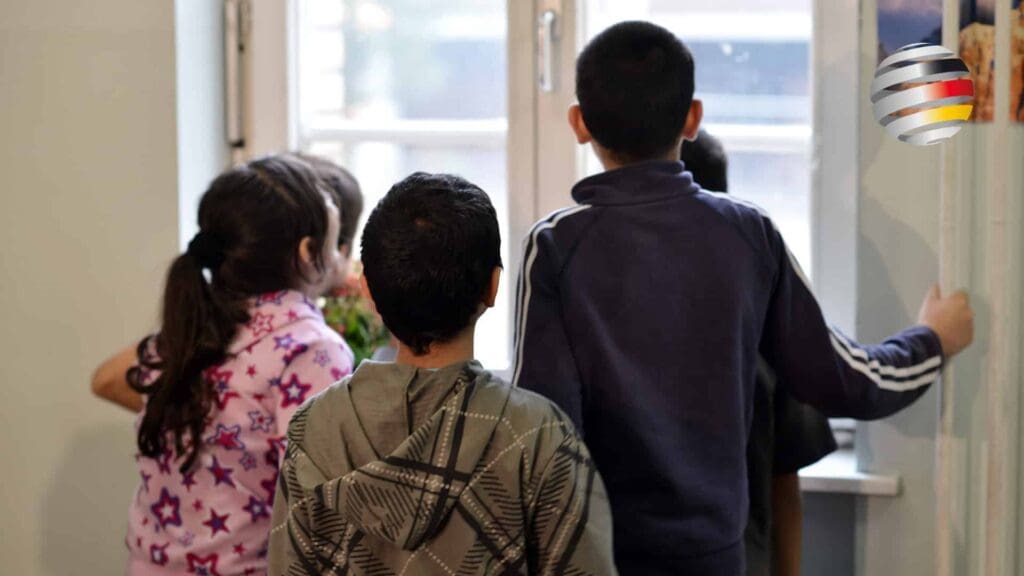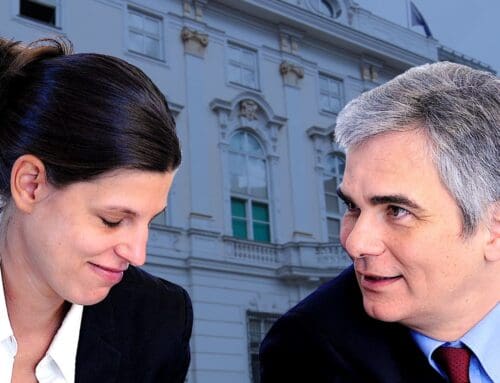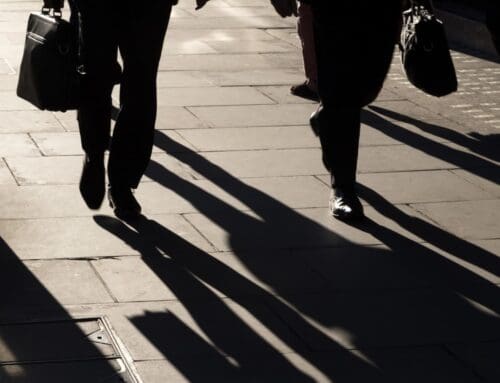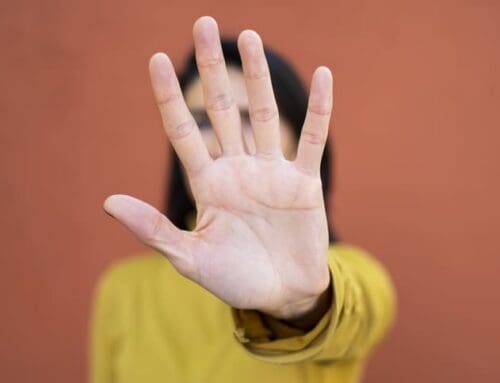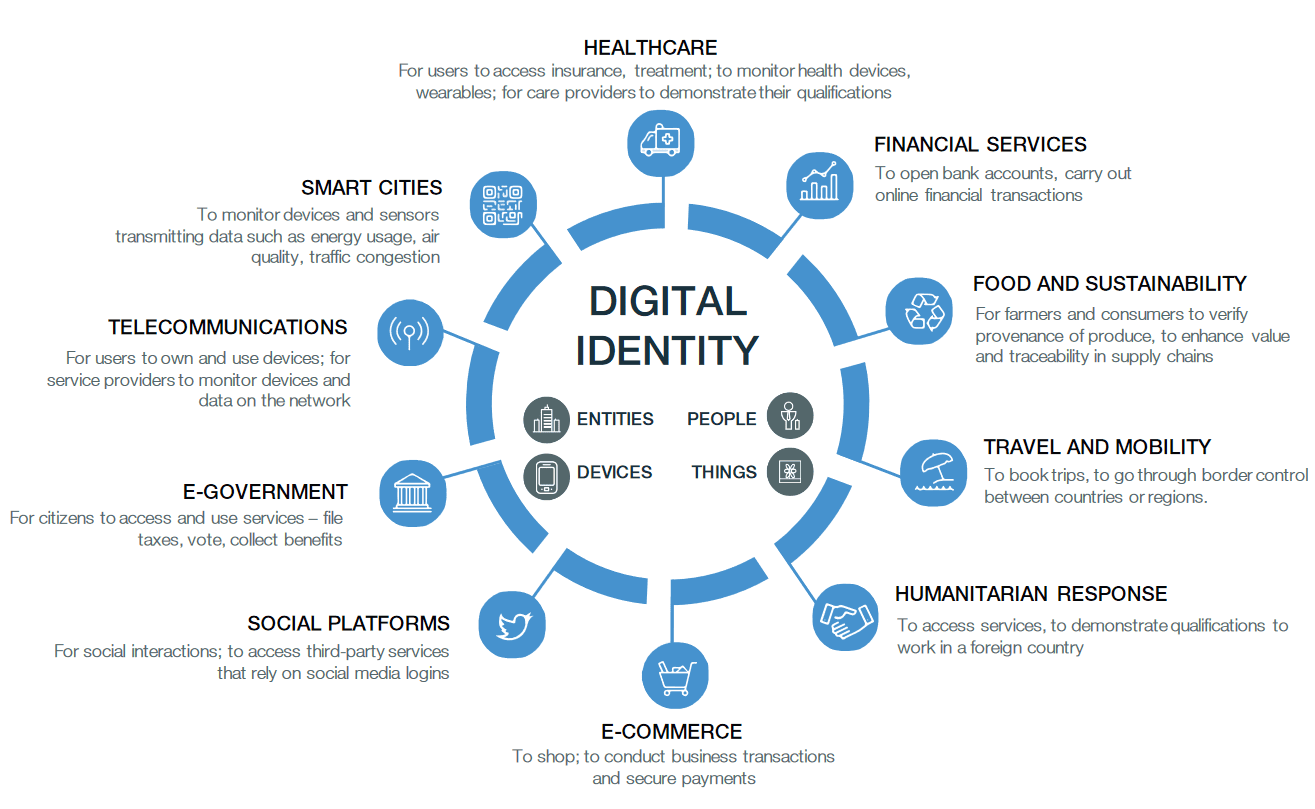

Transforming from „Vaccine Passports“ to Digital Identity
Introduction
The COVID-19 pandemic has brought about a new concept of “vaccine passports,” which would allow individuals to prove their vaccination status and potentially gain access to certain activities or locations. However, this idea has sparked controversy and raised concerns about privacy and discrimination. As a result, some experts are proposing the use of digital identity solutions as a more secure and equitable alternative.
The Controversy Surrounding Vaccine Passports
The concept of vaccine passports has been met with mixed reactions. Proponents argue that they could help reopen the economy and allow for safer travel and events. For example, some countries are already requiring proof of vaccination for entry or exempting vaccinated individuals from quarantine requirements. However, opponents argue that vaccine passports could lead to discrimination against those who are unable or unwilling to get vaccinated, as well as potential privacy breaches.
The Potential of Digital Identity Solutions
To address these concerns, some experts are proposing the use of digital identity solutions as a more secure and equitable alternative to vaccine passports. Digital identity refers to the use of technology to verify and authenticate an individual’s identity, often through biometric data such as fingerprints or facial recognition. This technology could be used to verify an individual’s vaccination status without revealing any other personal information.
Digital identity solutions could also be more inclusive than vaccine passports, as they could potentially verify other health information beyond just vaccination status. For example, an individual could use their digital identity to prove that they have recently tested negative for COVID-19 or have recovered from the virus. This could allow for a more nuanced approach to reopening and allow individuals who are not vaccinated for medical or personal reasons to still participate in certain activities.
Conclusion
The concept of vaccine passports has sparked controversy and raised concerns about privacy and discrimination. However, the use of digital identity solutions could provide a more secure and equitable alternative. By using technology to verify an individual’s vaccination status or other health information, digital identity solutions could allow for a more nuanced approach to reopening and potentially avoid discrimination against those who are unable or unwilling to get vaccinated. However, it is important to ensure that these solutions are implemented in a way that protects individuals’ privacy and avoids potential biases
Original article Teaser
From “Vaccine Passports” to Digital Identity
Vaccine passports in Bordeaux, France (August 2021) Published: April 2023 How to follow the digital identity debate. Already in March 2020, Microsoft founder Bill Gates, a major sponsor of the WHO, CEPI and the ID2020 Alliance, announced both a global covid mass vaccination campaign for “seven billion people” and the introduction of “digital vaccination certificates” as “the only way to end the pandemic”. If the SARS-2 virus had been a systemic respiratory virus like SARS-1, this strategy might have worked. But SARS-2 is a non-systemic respiratory virus that easily jumps from throat to throat. Because of this, vaccines couldn’t stop transmission and vaccination certificates had to fail. Nevertheless, governments around the world invested billions to set up a global digital
Details to From “Vaccine Passports” to Digital Identity

